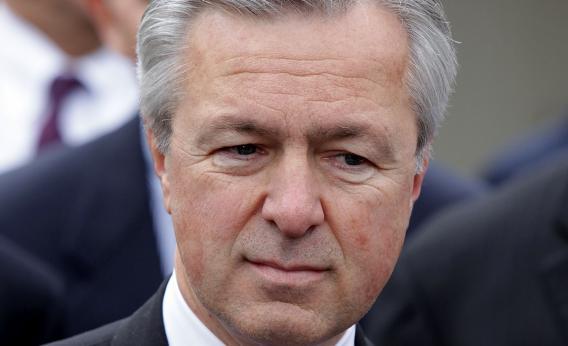The Federal Reserve’s bank stress test results have renewed the debate about whether dividends should trump stock buybacks. JPMorgan and Wells Fargo have both increased dividends and announced large buybacks. But in an industry suffering from slow growth, increasing dividend payout ratios makes more sense for shareholders than repurchasing stock.
Wells will, at least, now be paying out more annually on an absolute basis than in 2007, by 15 percent. And JPMorgan will be handing out just a tenth less than its pre-crisis $5 billion dividend. But their payout ratios are low, at 27 percent of trailing earnings for JPMorgan and 31 percent for Wells Fargo.
That’s not far off the one-third of earnings that most banks regard as a good target. But U.S. banking has become a slow-growth business, and the raft of new regulations coming in should make them less risky than they used to be. So the need to retain a large portion of earnings should be modest – though some banks, such as JPMorgan, are still investing in their business.
Banks have clearly cottoned onto this, hence their requests to boost buybacks. And repurchasing stock can boost both equity returns and earnings per share. Take JPMorgan’s proposed $15 billion stock buyback. At Tuesday’s closing price, that would snap up 346 million shares. Based on fourth-quarter results, that would increase EPS, and presumably the stock price, by 4 percent.
Compare that to the effect of increasing the dividend payout ratio to two-thirds of expected 2012 earnings. JPMorgan’s annual payout would jump to $12 billion, and Wells’ to $11.4 billion, making for yields of 7.3 percent and 6.5 percent respectively.
With Treasury yields at just 2.2 percent, higher dividends should give the stock price a larger boost than buybacks – and avoid any suspicion that bank executives might be tempted to plump for buybacks to boost the value of their stock options.
Buybacks do have a role to play, such as to offset dilution from stock-based pay. And if the share price happens to be below book value, as JPMorgan’s is, it’s harder to argue against them, as long as done prudently. But in a straight fight, dividends should win hands down.
Read more at Reuters Breakingviews.
